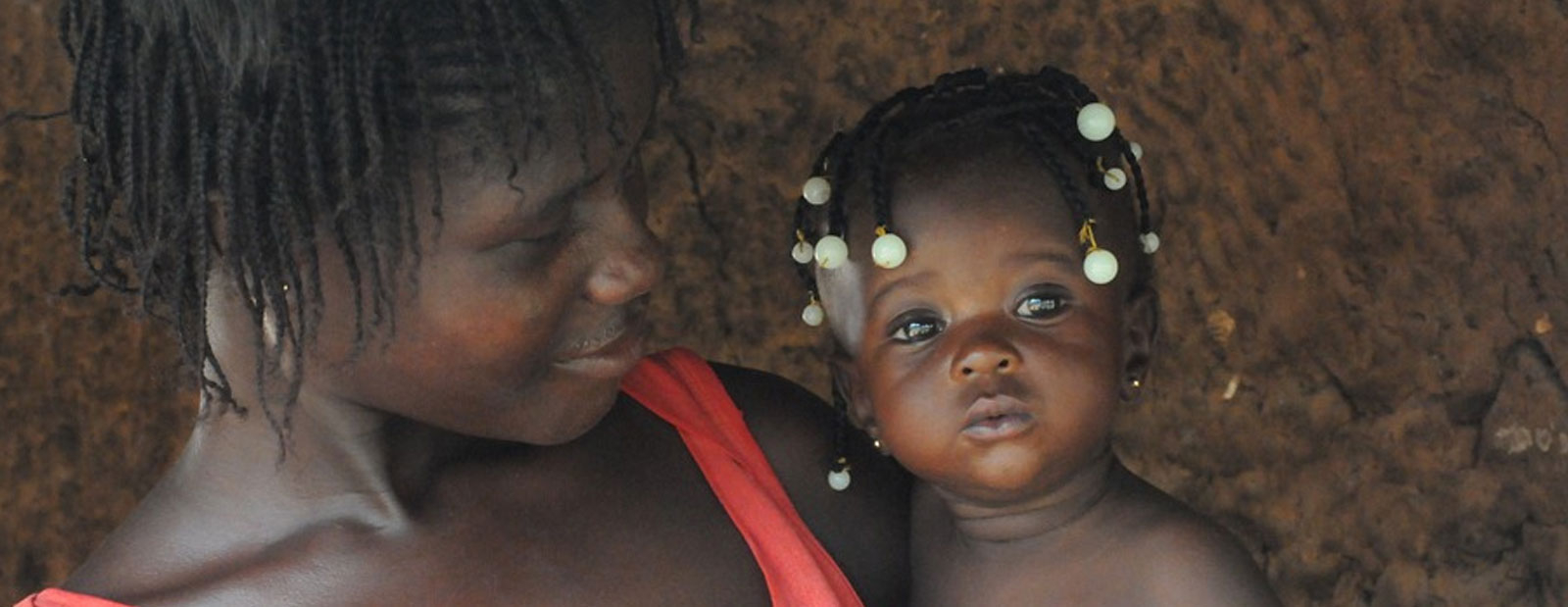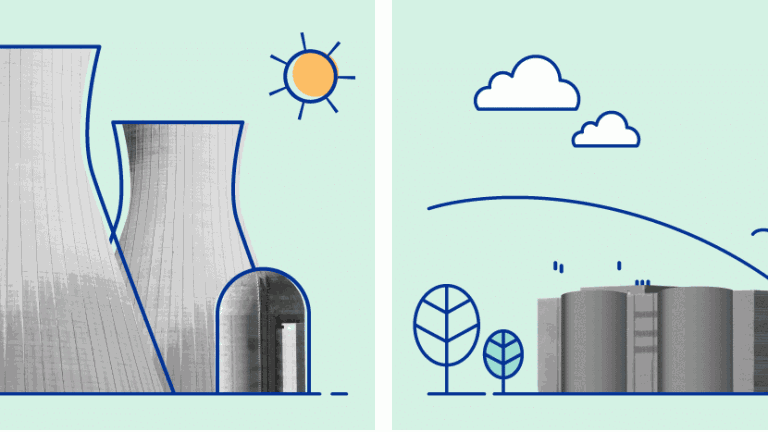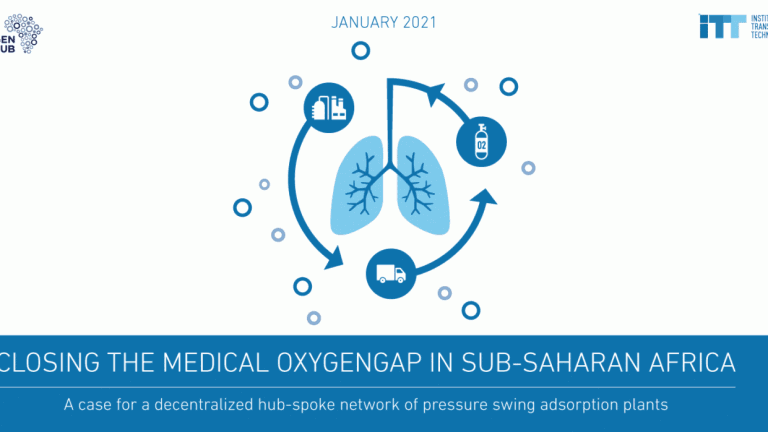Advances in medicine over the past 100 years have made it possible to prevent, diagnose and treat most common conditions responsible for sickness and death. But an unacceptable number of people, mostly women, infants and children, continue to suffer or die untreated, from conditions that are avoidable and treatable. These statistics are concentrated in developing regions, especially in rural areas, where systemic gaps in financial, human and infrastructure resources lead to yawning gaps in health care delivery. There is an acute shortage of clinics equipped to deliver meaningful – if any – health care and women and children, the most vulnerable constituencies, are hardest hit.
These systemic gaps will take a while to bridge organically. Which begs the question: Until this happens, can new technology-enabled solutions make it easier to provide universal health care? And if this is possible, why hasn’t it happened yet?
Market-driven solutions have not emerged because private providers in rural areas are too small and fragmented; their lean pockets have not warranted sufficient attention from traditional technology companies. Governments and donors, on the other hand, have focused on narrow issues, disease verticals and incumbent delivery models. The mandate for investing in a step change to health care delivery systems has thus been limited.
Universal Clinics, an initiative at the Institute for Transformative Technologies (ITT), is committed to solving this problem. We are building the Universal Clinic, a cohesive platform of integrated technologies to operationalize clinics in resource-constrained settings with high-quality primary and maternal health care in a cost-effective and scalable manner, using a “hub-spoke” model for health care delivery.







